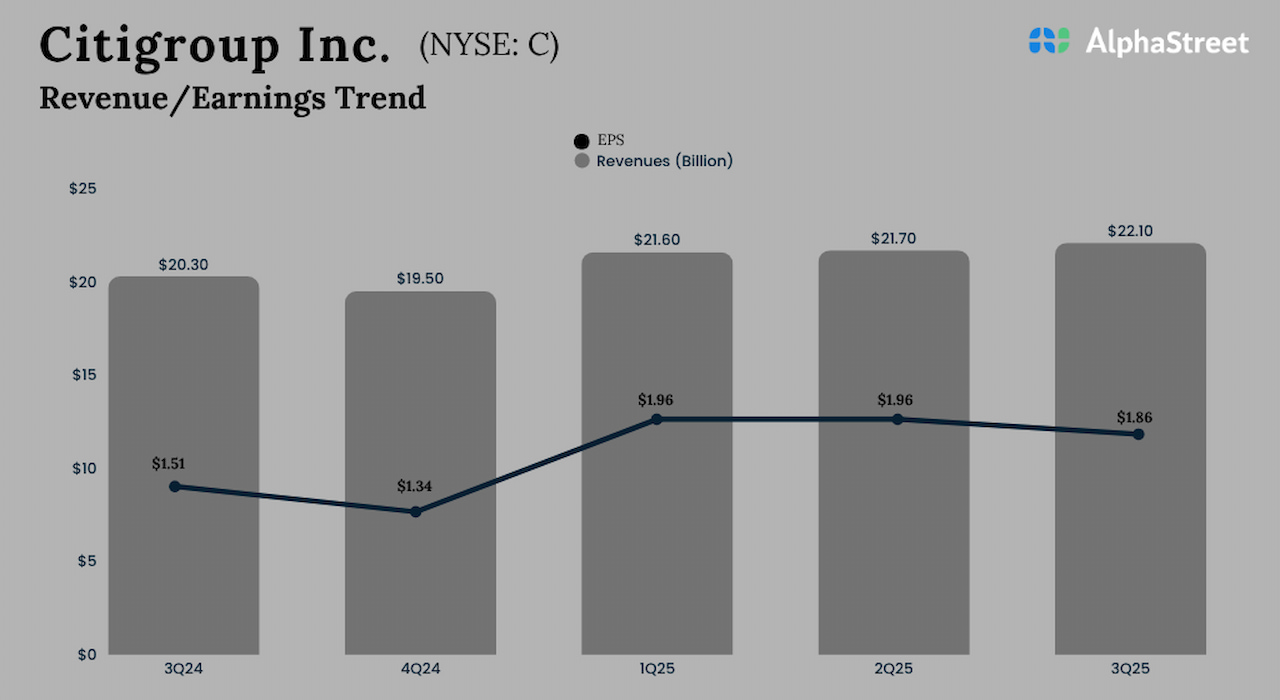Remember when a few years ago Amazon announced it would revolutionize healthcare, partnering with heavyweights Berkshire Hathaway and J.P. Morgan? The idea was to experiment with their own employees and eventually roll out some high-tech-enabled platform to other employers. Using big data, AI algorithms, and various telehealth services, Amazon promised to improve primary and urgent care, while Alexa played the role of the naughty nurse. At the time, the very idea sent healthcare stocks on a tumble. In this year’s slapdown of tech stocks, that aura of invincibility around the e-commerce giant has worn off a bit. The stock is down more than a third in 2022. Its $1 billion flop in Middle Earth may represent the peak (maybe) of crappy content at all costs. But a bigger owie has to be its decision to shut down the cornerstone of its efforts to corner the healthcare market, Amazon Care.
Apparently, it’s not as easy to get other companies’ employees to pee in bottles, so Amazon opted to buy itself an existing solution with the $3.9 billion acquisition of One Medical earlier this year. One Medical is a “human-centered, technology-powered national primary care organization on a mission to make quality care more affordable, accessible, and enjoyable through a seamless combination of in-person, digital, and virtual care services that are convenient to where people work, shop, and live.” You could pretty much copy and paste that description for many of the value-based AI healthcare startups that have emerged in recent years, especially with a focus on telehealth services.

The current leader in telemedicine, Teladoc (TDOC), has lost about 75% of its value this year, particularly after writing off a massive chunk of goodwill related to acquiring Livongo, an AI stock for managing chronic conditions like diabetes and high blood pressure. So, what to make of a company we recently came across called Accolade (ACCD), a telehealth business that combines “open, cloud-based intelligent technology with multimodal support from a team of empathetic and knowledgeable” medical personnel? Accolade is making lots of money and losing lots of money, especially after writing off nearly $300 million for overpaying on a couple of acquisitions last year. Hmm. Sounds vaguely familiar. Let’s take a closer look.
About Accolade Stock

Founded in 2007, the Pennsylvania company took in about $235 million in funding from the likes of Andreessen Horowitz and health insurer Humana, before having the decency to file a proper IPO in July 2020 (in a year when more than half of new stocks were SPAC mergers). Accolade raised $220 million in an upsized listing, and it’s been a roller coaster ride ever since. Currently, shares in Accolade stock are down about 65% since going public. The company had its biggest slide in its short history back in April when the stock plunged nearly 50% during the same week when Teladoc stock dropped by about 40%. In the case of Accolade, the company not only had a big earnings miss but also announced it lost one of its biggest customers (and earliest investors), Comcast. That’s brought the company’s market cap to less than $1 billion.
On the plus side, revenue growth has been pretty impressive so far, especially last year when it increased 82% to $310 million. More than $93 million was related to a couple of 2021 acquisitions that we’ll revisit in detail later.

Of course, it’s hard not to make some money in U.S. healthcare, a $4.1 trillion market that the U.S. government expects to grow to $6.2 trillion by 2028. The value proposition of companies like Accolade is that they can cut those medical costs using technology, while providing personalized healthcare focused on prevention. That begs the question:
What Exactly Does Accolade Do?
In the company’s own words:
“We provide personalized, technology-enabled solutions that help people better understand, navigate, and utilize the healthcare system and their workplace benefits. Our customers are primarily employers that deploy Accolade solutions in order to provide employees and their families … a single place to turn for their health, healthcare, and benefits needs.”
There’s lots of language about offering “expert opinion services”… “connectivity” … more “expert medical opinion providers” … and “educating” members about benefits like wellness programs and telemedicine. The idea is to emphasize “valuable healthcare utilization,” such as primary care visits by video and prescription refills while reducing “wasteful healthcare utilization,” like unnecessary emergency room visits, hospital readmissions, and excessive inpatient stays. Now, the skeptical among us might read all that as a way to delay hands-on medical care for as long as possible by pushing pills on Zoom. But the Accolade app has a 4.9-star rating on more than 13,000 reviews in the Apple store, so it must be doing something right. Right?

Speaking of technology, the company combines big data and machine learning to drive actionable insights through its True Health Engine, such as detecting important health events and flagging life-saving early interventions. Accolade pairs its own massive dataset, which includes info like the history of patient conditions, medications, and procedures, with data from employer customers, pharmacies, medical providers, the Centers for Medicare & Medicaid Services, and the company’s multitude of partners. The algorithms crunch all that data and calculate various scores for members that quantify their overall health status and their propensity to take a desired action. The scores inform recommended actions that pop up in InView, a customer relationship management tool for medical staff, as well as recommendations directly to members through True Health Engine.
How Does Accolade Make Money?
Accolade mainly generates revenue from its customers using a recurring per-member-per month (PMPM) fees model, generally with three-year-long contracts with customers. The company has more than 700 enterprise customers (up from just 54 from two years or so ago), representing more than 10 million members. Gross-dollar retention rates have held steady at 98% to 99% year to year. Accolade offers various plans (see below) that aren’t really worth the time to get into because the company doesn’t bother to break down revenue by each solution. In fact, there’s little granularity to its revenue. The model seems a bit like a budget airline, where you can buy the basic airfare and then pay extra for check-in luggage and access to the onboard lavatory.

In addition to employers, Accolade has 100,000 direct consumers subscribed to virtual primary care and mental health services through PlushCare, one of its three new acquisitions from last year.
Acquisitions by Accolade
That’s an easy segue to the acquisitions that resulted in a one-time $300 million goodwill impairment charge. Apparently, the steep drop in Accolade stock value sent its market cap below the value it paid for PlushCare and 2nd.MD. The former is a provider of virtual primary care and mental health support that cost Accolade $450 million. The latter, acquired at a cost of $460 million, provides expert second-opinion consultations by video or phone on whether a member should elect for high-cost care decisions such as surgery. (Remember, the system is designed to cut costs for employers and presumably members.) The third acquisition, HealthReveal, is a clinical AI company focused on “ensuring patients receive optimal, personalized chronic care to preempt adverse outcomes.”
It’s worth noting a general trend that we’ve seen this year of high-growth companies paying the piper when it comes to overpaying for acquisitions. It’s not just anecdotal. According to Bain & Company’s M&A Report 2022, total mergers and acquisitions reached an all-time high of $5.9 trillion globally in 2021.
The Telehealth Market
It’s becoming apparent at just how inflated company valuations have been for the past two or three years, now that the money spigot has been turned off. So we need to assess the market for telemedicine through that lens. McKinsey and Company believes that as much as $250 billion in U.S. healthcare spending could shift to some sort of virtual care, as long as there is “sustained consumer and clinician adoption and accelerated redesign of care pathways to incorporate virtual modalities.” To that point, we’ve already seen a pullback in telehealth visits from the pandemic highs of 2020, though the same McKinsey report notes that telehealth use has stabilized at levels 38X higher than before the Rona hit. At least that was the case around mid-2021. Demand for virtual mental health remains pretty strong, which is why Accolade and others are adding these kinds of offerings.

Another big question: Does telehealth reduce costs? There are certainly plenty of industry white papers out there putting a positive spin on that question, such as one from Cigna claiming members save $100 per virtual visit. On the other hand, a study out of Australia noted that while telehealth provides “overwhelmingly positive patient benefits and increases productivity for many services” there is scant evidence that it reduces healthcare costs to the system. And Australia spends less than half of what the United States does on healthcare per person – $4,937 versus $11,945 in 2020. And a pretty interesting study by Penn Medicine, an academic research center, found a nearly 1% negative impact to its bottom line for telehealth services based on a variety of factors, but especially the additional time it took to deliver those services versus in-person visits.
The reality is probably somewhere between these two extremes, but it seems that the MBAs need to do some more homework on the business case for telehealth. We can’t just invest our money on the assumption that virtual care is cheaper or provides better outcomes for patients by emphasizing preventive care, even if it makes sense intuitively.
Should You Buy Accolade Stock?
While we never tell you where to put your money, you can probably sense where we’re not putting ours. We like the recurring revenue model, and apparently customers are sticking around based on the retention rate. However, if most of those 700 customers have been onboarded in only the last couple of years and most of those sign up for three-year contracts, then the gross-dollar retention rate is based on a relatively small sample size (54). The departure of Comcast won’t affect the retention rate until the end of the 2023 fiscal year. (Accolade is one of those weirdo companies with their own calendar system, like the Mayans but with less human sacrifice.)

Fortunately, Comcast now accounts for less than 10% of revenues (it was 24% just two years ago), and Accolade does not identify any customers representing a 10% or greater share of revenue. Again, next year’s retention rate will theoretically give us a better sense of the impact of the Comcast loss. Another assumption is that the company is solely focused on the United States, so no international exposure. That’s also a negative for us, not to mention the current market cap of just $800 million (as of Oct 17, 2022). In addition, Accolade updated its full-year 2023 guidance at its last quarterly report to between $355 million and $365 million, which represents growth of 16% at the midpoint of the range. That’s a pretty significant slowdown in growth. Even with its current financial troubles, Teladoc is a $4 billion company with $2 billion in annual revenue.
Accolade lost about $45 million in cash last quarter which means the $330 million in cash on their books provides a runway of about seven quarters. With gross margins in the mid-40s they’ll need to realize synergies from those acquisitions fairly quickly or face the dismal prospect of raising capital through selling equity or issuing more debt (Accolade has about $321 million in long-term debt on their books as of last quarter).
Conclusion
The telehealth space is seeing quite a bit of volatility and uncertainty in the (almost?) post-covid era. As risk-averse investors, we’re content to sit on the sidelines as the industry continues to shake out the kinks and consolidate. Amazon still appears intent on dominating the virtual healthcare space with its acquisition of One Medical, which has 8,000 customers. It’s hard to see Accolade rising above an increasingly competitive and crowded market.
Tech investing is extremely risky. Minimize your risk with our stock research, investment tools, and portfolios, and find out which tech stocks you should avoid. Become a Nanalyze Premium member and find out today!

















